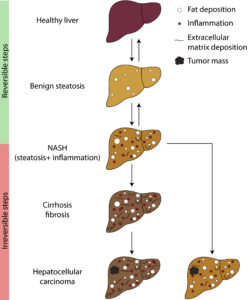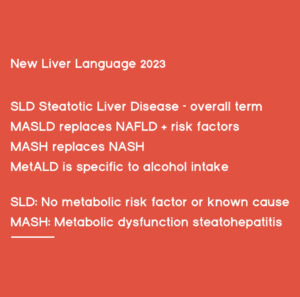Helping a Loved One with Hepatic Encephalopathy: A Caregiver’s Guide from the Heart of a Patient
There are some blogs on here that talk about my gratitude for my daughter becoming my caregiver. If you are helping a loved one with hepatic encephalopathy, it’s a very lonely place. It’s still the most cringe and painful parts of my diagnosis with end stage liver disease. It was an uphill battle through liver cancer and transplant. It’s a helpless place for a patient. We’re loony tunes most of the time. Except it’s not funny to our caregivers. It’s not funny to us either, but we are SO out of it that we are just sitting around as happy little hepatic encephalopathy patients.
Living with hepatic encephalopathy (HE) can be an incredibly challenging experience, not just for the patient but also for those who love and care for them. Having walked through the journey of end-stage liver disease, liver cancer, and ultimately a transplant, I’ve learned firsthand how overwhelming this condition can be. While blogs can offer helpful information about the medical side of things, I want to take a moment to speak directly to the caregivers, family members, and loved ones who are supporting someone with hepatic encephalopathy.
As a patient, one of the hardest parts of this experience is the deep sense of helplessness that often accompanies HE. It’s a lonely place to be. We, as patients, often feel disconnected from reality, from our loved ones, and even from ourselves. In my own experience, there were times when I was completely out of it, unaware of what was happening around me or how I was behaving. It’s a strange and frustrating feeling. We might seem happy or even silly at times, but deep inside, we are struggling. This disconnect, this ‘loony tunes’ state, may seem humorous in theory, but for caregivers, it’s not funny. It’s painful, both for us and for those who are trying their best to care for us.
So, to the caregivers out there: here are some heartfelt tips I hope will make your journey a little easier and more manageable.
1. Be Patient, with Love and Understanding
Hepatic encephalopathy is unpredictable. There are moments when I might be lucid and able to communicate, and other times when I might not even recognize my surroundings. It’s important to remember that this behavior is not intentional. We aren’t choosing to be difficult or out of touch with reality. It’s a nightmare for us all. If you’re feeling frustrated, take a deep breath and remind yourself that this is part of the disease. Show love and patience even in those moments when it feels like it’s too much. Make sure you loved one is safe, and then go outside or into a different room for a while.
 2. Maintain a Routine, as Much as Possible
2. Maintain a Routine, as Much as Possible
For someone like me, structure was a lifeline. The consistency of a daily routine helped me feel anchored in a world that often felt confusing. A regular schedule of meals, medications, and activities can bring a sense of normalcy for both the patient and caregiver. Even on the days when it feels like nothing is going right, that routine offers a sense of calm amidst the chaos. It may help to post a calendar on the fridge door or set med timers on the phone.
3. Celebrate the Small Wins
It’s easy to focus on the big challenges, but the small victories matter too. Whether it’s a day when your loved one is more alert than usual or when they manage to eat a full meal, take a moment to acknowledge these moments. Celebrating these wins, no matter how small they seem, will help maintain a sense of hope. As a patient, I always appreciated when my daughter found joy in the little moments because it helped me feel seen, not just as someone struggling with illness, but as a person. A back rub, a glass of water, an offer to watch my favorite movie were all felt as signs of respect.
4. Lean on Support Systems
Caregiving can be isolating, but you are not alone. Don’t be afraid to reach out for help. There are support groups, both online and in-person, where caregivers can share experiences and strategies. Check out my fb Karen Stephens Hoyt or IhelpcKaren and it will lead you to groups that are private just for caregivers. Sometimes, just talking to someone who understands your situation can make a world of difference. And remember, taking care of yourself is just as important as taking care of your loved one. You can’t pour from an empty cup, so take time to rest and recharge.
5. Keep Communication Open
Hepatic encephalopathy can make it difficult for us to express ourselves clearly. But your presence, your voice, your understanding can help make the connection more meaningful. Keep communication open, even if the words don’t always make sense. Sometimes, just sitting quietly with us can provide a sense of comfort. Encourage us to share what we’re feeling, even if it’s hard to understand. The fact that you’re trying means everything.
Helping a Loved on with Hepatic Encephalopathy
To the caregivers: When we’re in the HE nightmare, your love, patience, and dedication mean more than words can express. You are our rock, even when it feels like we’re adrift. It’s a tough road, but your unwavering support makes it a little easier for us to keep going. Know that every moment you give is truly appreciated, even when it doesn’t seem like we can show it. Keep going, and remember that you’re not alone in this journey either.







